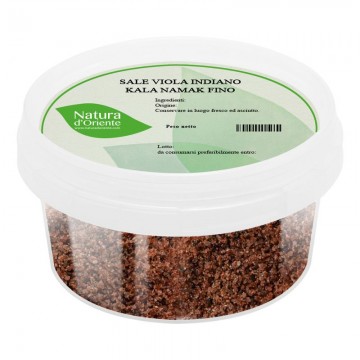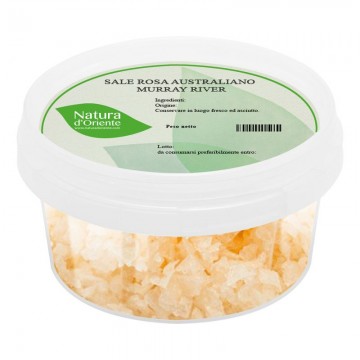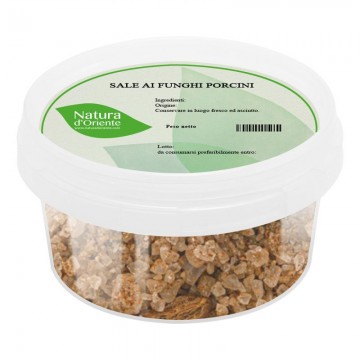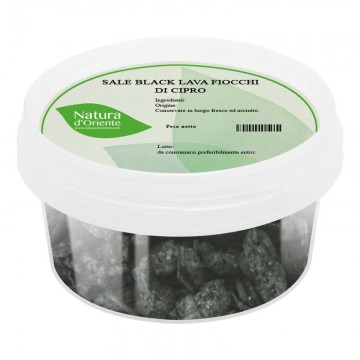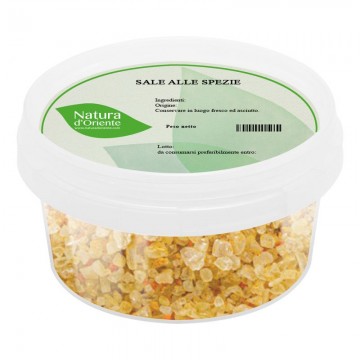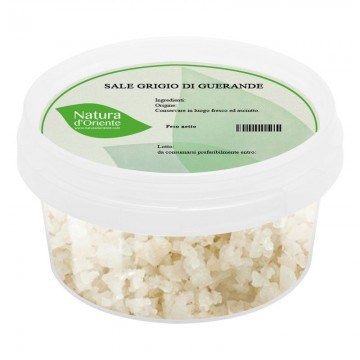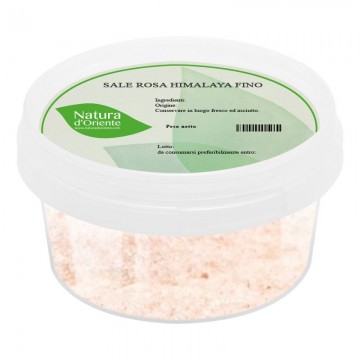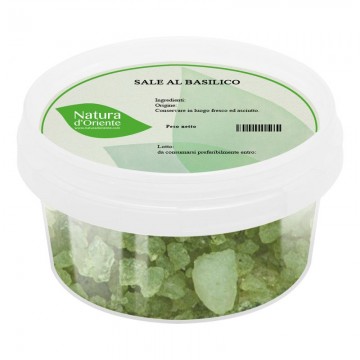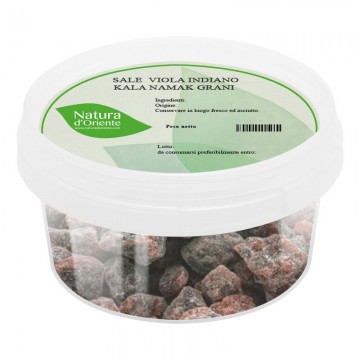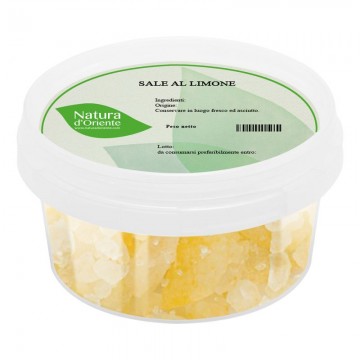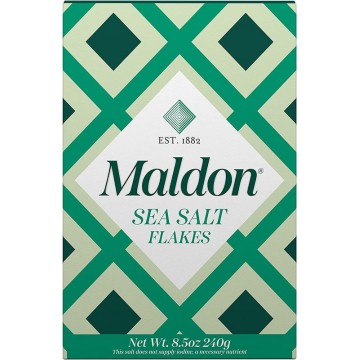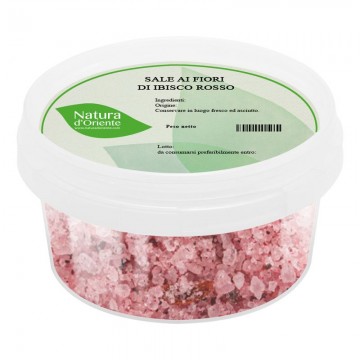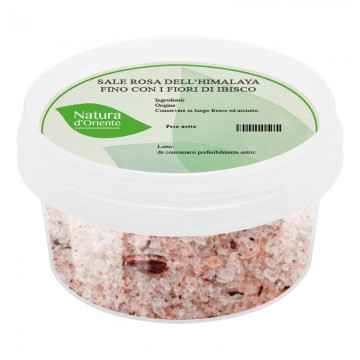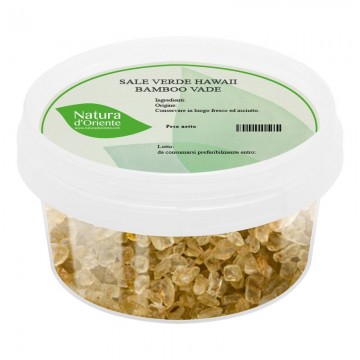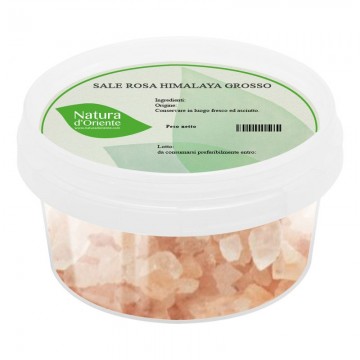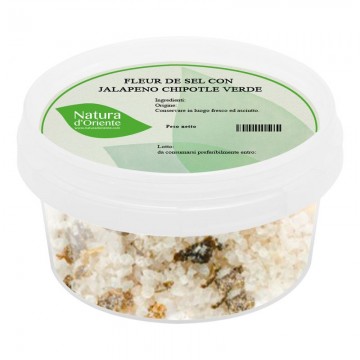This whole sea salt originates from the Atlantic coasts of Portugal, where it has been produced using artisanal methods for centuries - since the time of the Roman Empire. From the salt flats of the eastern Algarve, this sea salt is produced according to ecological criteria, hand-picked and dried in the sun. These characteristics make it a refined and refined salt, like a Flor de Sal should be.
Sale Algarve Flor De Sal: features and benefits
The real Flor de Sal has a soft and slightly crunchy texture, which allows it to be easily grated between your fingers when sprinkled. For many cooks, "Fior di sale" is the true king among table salts for its delicate taste, enriched with a wealth of vital minerals and trace elements. The presence of these nutrients is due to the fact that 100% natural sea salt, without the addition of additives, is not deprived of minerals taken from the sea. This is said because the salt crystals have the shape of a flower, forming by crystallization they form in natural and uncontaminated pools. These delicate, nutrient-rich crystals enhance the taste of all dishes prepared as an excellent table salt can.
Origins and History of the extraction
Flor de sal from the Algarve, like any fleur de sel, displays superior purity deriving from the pure and clear waters of the Atlantic Ocean in southern Portugal. It is even called "white gold" by connoisseurs, who also appreciate its traditional eco-sustainable production. It is formed with the sun and the wind of the Algarve region, where it was produced since the ancient Roman domination. Today the area has now become the protected national park of Rio Formosa and Sapal do Castro Marim, including the salt marshes in the nature reserves. The area possesses the abundance of sunshine and the breeze necessary for the formation of the Flor de Sal of the Algarve. To collect these high-quality crystals, it takes time, patience and skill in the period from June to September. The extraction process has remained unchanged and seasonal. The collection techniques developed over the centuries establish that in May the sea water floods the tanks. In mid-summer, when salt levels rise and a light breeze blows, humidity rises from the evaporation ponds. Then a thin layer of salt begins to form on the surface of the "salt fields" (crystallization). Flake crystals appear, in a thin, shiny layer, floating on the surface of the brine. The first flakes that come to the surface create a layer that is scraped by hand every day, using wooden tools, before they sink to the bottom of the salt flats. Afterwards, the salt flakes are dried in the sun, before packaging. Sea, sun and wind: this precious sea salt derives from a millenary tradition, which today is considered an ecological criterion.
Nutritional values of Fleur de sel salt from the Algarve
The main component of sea salt is sodium chloride, in addition to the minor part consisting of other trace minerals. In particular, this salt contains a high content of iodine, along with magnesium, potassium and calcium, which are found in sea water.
How to use Flor De Sal Algarve salt in the kitchen
Squeeze the crystals of the Portuguese Flor de Sal with your fingers, and sprinkle them on the dishes before serving. This sea salt adds a delicate touch, enhances the flavors of dishes in a harmonious way, and is highly regarded for its crunchiness. The use of Algarve Flor de Sal is recommended on salads, vegetables and vegetables, cooked or raw. As a finish, it is a salt that gives a refined touch to dishes. Its delicate and slightly sweet flavor is perfect for carpaccio and, in particular, for flavoring grilled meat. For an intense taste, rub the crystals with your fingers directly on the food. Excellent for seasoning any dish, like a savory but delicate cooking salt.
Fleur de sel from the Algarve: side effects and contraindications
Caution is advised in the intake of sea salt in case of high blood pressure (hypertension), cardiovascular disorders, diseases related to the kidneys and blood vessels. Furthermore, it is good to moderate the quantities in case of pregnancy and breastfeeding. Recall that the sea salt crystals are larger than those of refined salt. Therefore, a smaller quantity is enough in the doses compared to fine-grained table salt.

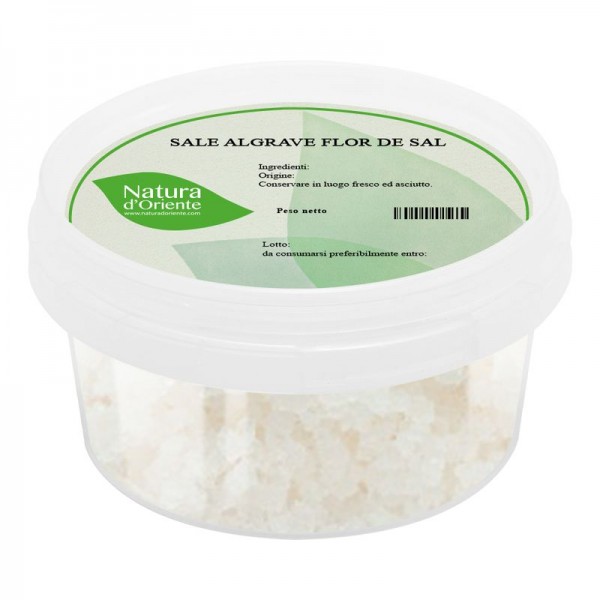





 No reward points for this product.
No reward points for this product.
